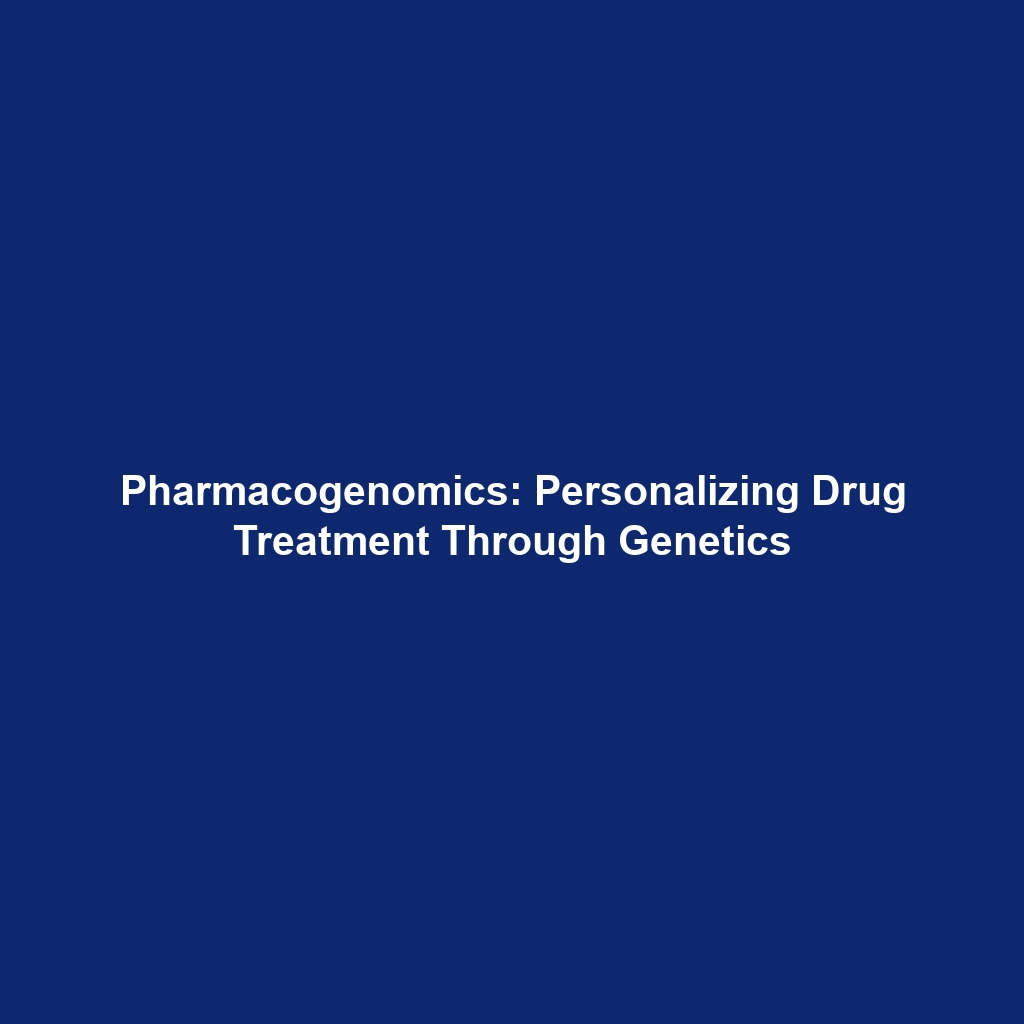Collaborative Initiatives Between Governments and Pharmaceutical Companies to Improve Access to Immunotherapy & Cancer Treatments
Introduction
Collaborative initiatives between governments and pharmaceutical companies are essential to enhancing access to immunotherapy treatments for cancer patients. These partnerships aim to bridge the gap between the rapidly advancing field of immunotherapy and the real-world needs of individuals battling cancer. As the importance of effective cancer treatment grows, ensuring equitable access to these innovative therapies has emerged as a top priority for health authorities and private sector stakeholders alike. Understanding the significance of such collaborations sheds light on the broader implications for immunotherapy and remains crucial for improving patient outcomes.
Key Concepts
Several key concepts underpin the successful collaboration between governments and pharmaceutical companies aimed at improving access to immunotherapy. These include:
- Access Equity: Ensuring all patients have fair access to life-saving cancer treatments, regardless of their geographical or socio-economic status.
- Public-Private Partnerships: Leveraging resources and expertise from both sectors can enhance treatment availability and affordability.
- Regulatory Collaboration: Streamlining regulatory processes to expedite the approval and distribution of immunotherapy products.
These principles align with the growing importance of immunotherapy in the fight against cancer, where innovative approaches continually reshape treatment landscapes.
Applications and Real-World Uses
Many real-world applications of collaborative initiatives are emerging to improve access to immunotherapy for cancer treatment. Significant examples include:
- Cost-Sharing Models: Programs implemented where governments negotiate lower prices with pharmaceutical companies to make immunotherapy more affordable for patients.
- Awareness Campaigns: Joint efforts to educate healthcare providers and patients about available immunotherapy options and their benefits.
- Mobile Health Initiatives: Using technology to ensure that patients in remote areas receive timely access to immunotherapy treatments.
These applications demonstrate how collaborative initiatives significantly enhance the delivery of cancer immunotherapy.
Current Challenges
Despite the promising nature of these collaborations, several challenges and limitations persist:
- Regulatory Hurdles: Complex regulations may slow down the process of bringing new therapies to market.
- Funding Constraints: Limited financial resources can impede the ability of governments to support necessary initiatives.
- Awareness Gaps: Lack of knowledge among patients and providers about available immunotherapy options can reduce treatment uptake.
Addressing these issues is vital to maximizing the potential impact of collaborative initiatives on access to immunotherapy and cancer treatment.
Future Research and Innovations
Looking ahead, ongoing research and innovation promise to enhance collaborative initiatives between governments and pharmaceutical companies, pivotal for improving immunotherapy access. Potential advancements include:
- Next-Gen Therapies: The development of more effective and affordable immunotherapies that governments can deploy at scale.
- Data-Driven Solutions: Utilizing real-world data to inform policy decisions and optimize patient outreach programs.
- Global Partnerships: Expanding collaborations to include international health organizations can enhance resources and knowledge sharing.
These innovations will play a critical role in shaping the future landscape of cancer treatment through improved access to immunotherapy.
Conclusion
In summary, collaborative initiatives between governments and pharmaceutical companies are vital for enhancing access to immunotherapy treatments for cancer patients. This partnership not only addresses critical challenges but also paves the way for future innovations that will improve patient outcomes and equity in healthcare. As stakeholders continue to explore these collaborations, it is crucial for everyone involved to advocate for policies and practices that further facilitate these initiatives.
Learn more about immunotherapy advancements and access challenges.

